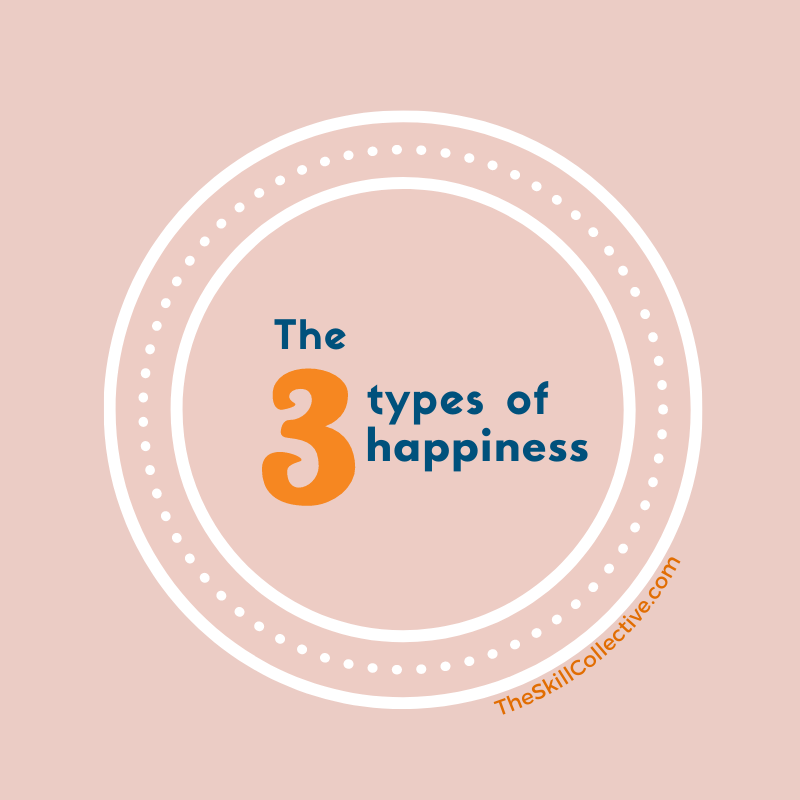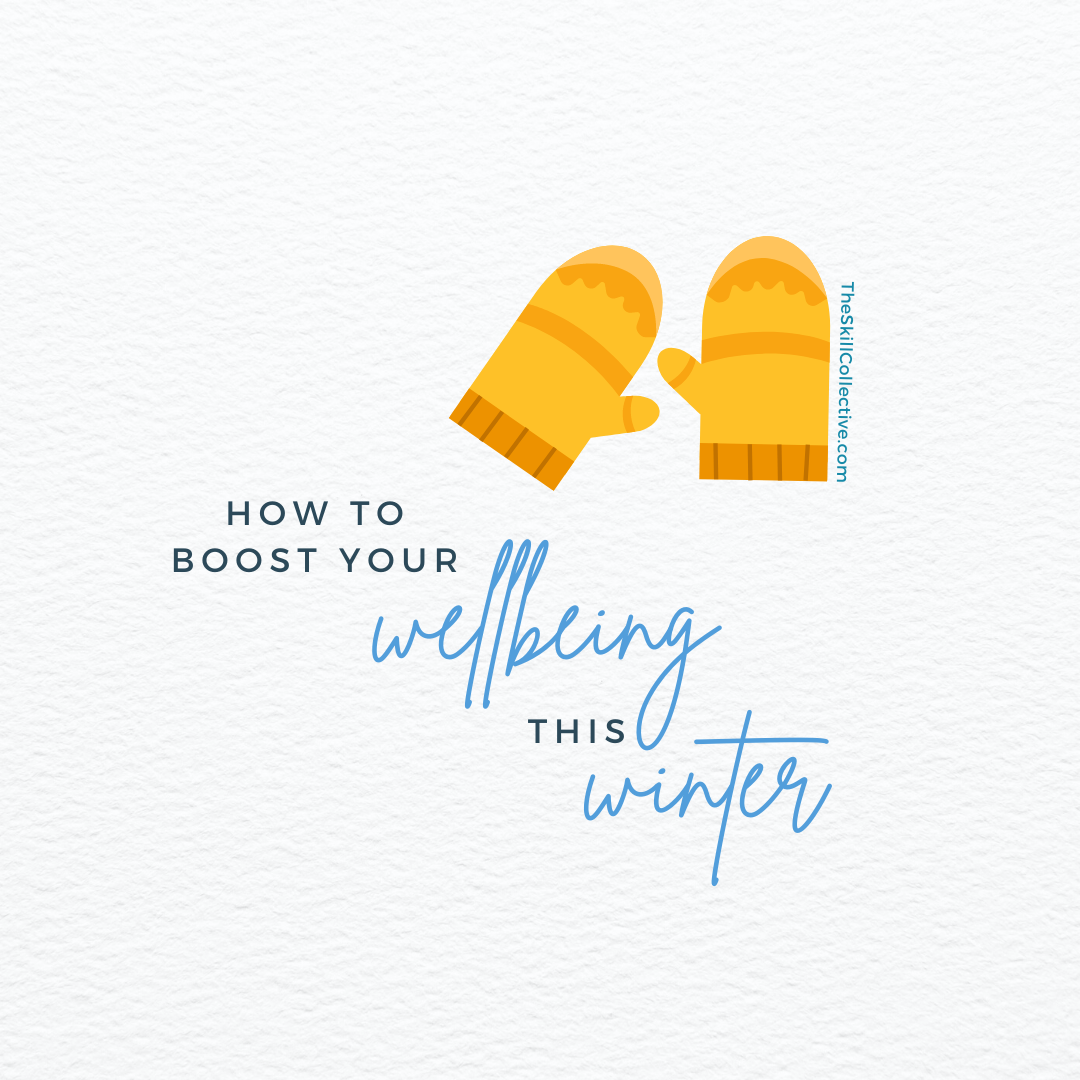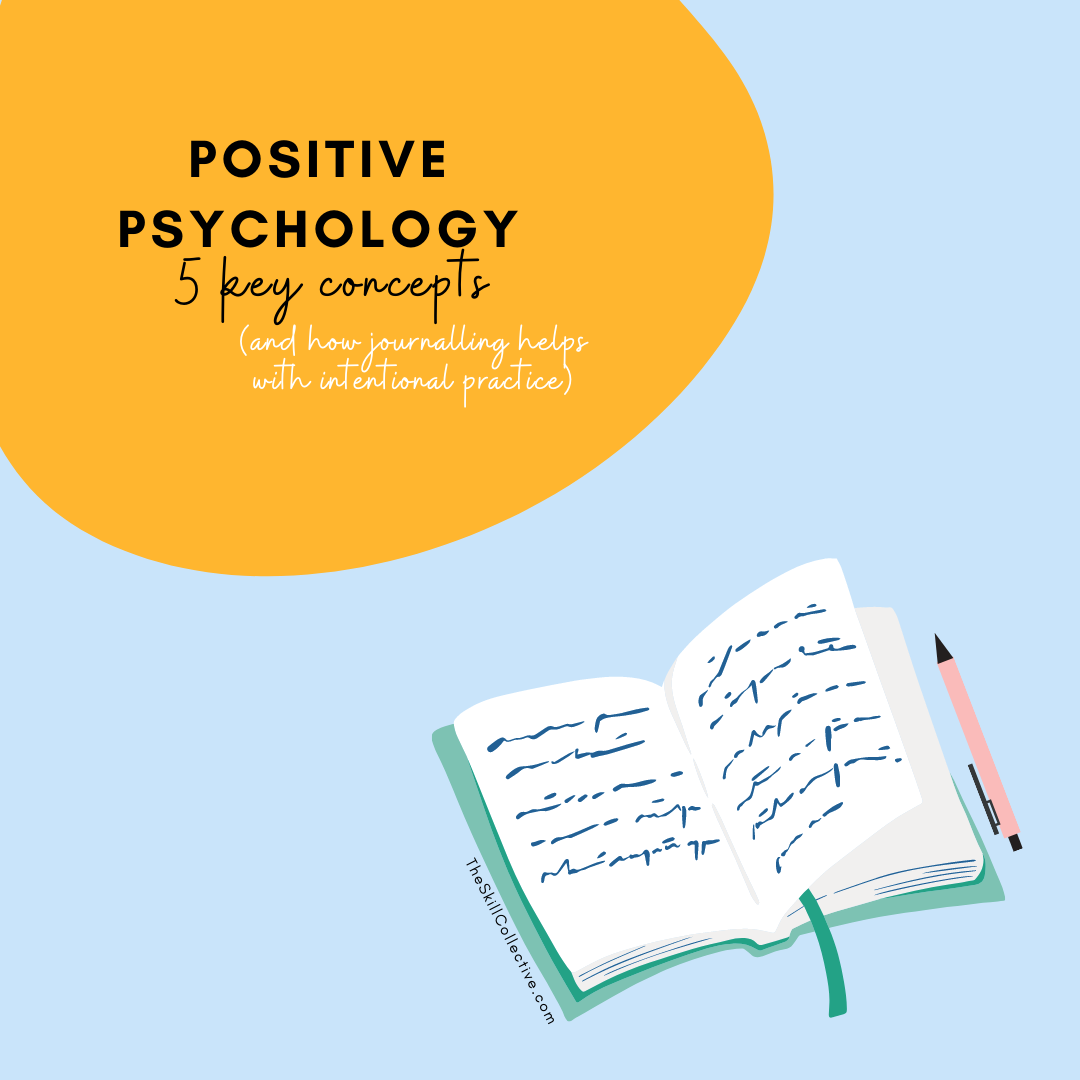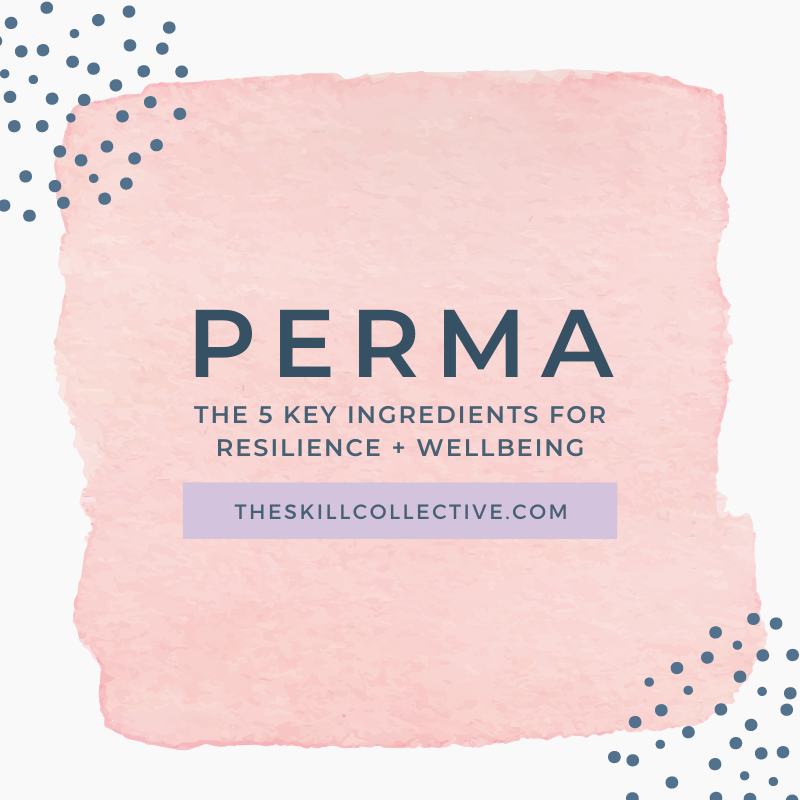THE 3 TYPES OF HAPPINESS
What causes people to flourish in life? When we look at the research into positive psychology, an important concept is that of happiness. In our previous post we introduced you to the psychologist Martin Seligman and his PERMA model which outlined five core building blocks to resilience and lasting happiness. [1] Well, Seligman also had the idea that there are three types of happiness - a Pleasant Life, an Engaged Life, and a Meaningful Life. [2]
PLEASANT LIFE
One level of happiness is a pleasant life wherein you engage - frequently and consistently - in doing things that give you pleasure. It can make for a happy life - imagine devoting much of your time to getting a quick hit of happiness by doing things such as eating a favourite food, watching a movie, shopping, going for a run, or gaming, all in the name of feeling good.
But even your own experience may show that while it’s great to indulge in things that make us feel good, those moments can sometimes be fleeting and there are often deeper levels of satisfaction to be had.
ENGAGED LIFE
One step on from a pleasant life is what Seligman calls an engaged life. An engaged life is one where you are living in a way that cultivates your virtues and strengths. Being a person of good character, it seems, is an important part of living a more deeply fulfilling and happy life.
This type of happiness where you live a strengths-based life is more likely to bring on a state of ‘flow’ which is a key concept in the Engagement stage of the PERMA model (again, you can read more in our last post here). Specifically, there is the capacity to get completely absorbed in what you are doing to the point of getting ‘in the zone’.
Now what type of activities lead to an engaged life? Seligman, together with his colleague Christopher Peterson, identified six virtues (e.g. Wisdom and knowledge, Transcendence) from which 24 strengths emerge. [3] By participating in activities that tap these strengths and virtues, you are more likely to get into a state of flow.
For instance, under the virtue of Wisdom and Knowledge one of the strengths is a Love of Learning. If this is one of your character strengths, spending hours immersed in understanding all that you can on a topic, or learning to master a new skill, may be examples of activities that fall under living an engaged life for you. We’ll cover these virtues and strengths in greater detail in our next post, but in the meantime read on to find out more about the Meaningful Life.
MEANINGFUL LIFE
Finally, Seligman’s third dimension of happiness is a Meaningful Life, one that is marked by purpose and meaning. That is, happiness in this respect comes from taking those virtues and strengths that make you a person of good character and using them in service of something bigger than yourself - something that gives purpose and meaning to your life.
How can we aim for a meaningful life? Take a moment to reflect first on your strengths and virtues - the best things about you. What are you good at? What are your natural talents? What are the virtues (such as wisdom or courage) that you have deliberately cultivated in yourself?
Now ask yourself this: Can you think of a cause bigger than yourself that is truly worth serving? Is it a political party? A social justice agenda? Your faith? The environment? Ironically, it is when you put this cause at the top of your priority list, even above your own happiness, that a more enduring happiness and life satisfaction can be achieved. Developing your skills, talents and strengths, and then using these in service of bringing about a better world in the way that matters most to you, is what will lead to a life filled with meaning.
So, as you can see, not all types of happiness are equal. Some give us fleeing moments of pleasure, whereas others lead to a more longer-lasting, fulfilling level of happiness and satisfaction. Which type will you focus your energy on?
Want more? You can connect with The Skill Collective in the following ways:
Contact us to make an individual appointment to get started on making changes.
Get access to our FREE resource library filled with exclusive tip-sheets on Wellbeing, Mental Health, and Performance that you won't find here on the blog
Join our FREE 14-day Wellbeing Challenge. Tailored for busy lives we're talking wellbeing tips for better body, mind, and heart in just 15 minutes a day, delivered straight to your inbox.
REFERENCES
[1] Seligman, Martin E.P. (1991). Learned Optimism: How to Change Your Mind and Your Life. New York, NY: Pocket Books
[2] http://www.pursuit-of-happiness.org/history-of-happiness/martin-seligman-positive-psychology/
[3] Peterson, C., & Selighman, M.E.P. (2004). Character strengths and virtues: A classification and handbook. New York: Oxford University Press, Washington, DC: American Psychological Association.








Keep track of your anxiety by monitoring your mood and sticking with healthy habits. Here we outline how the humble planner can help you to achieve your goals when it comes to anxiety.